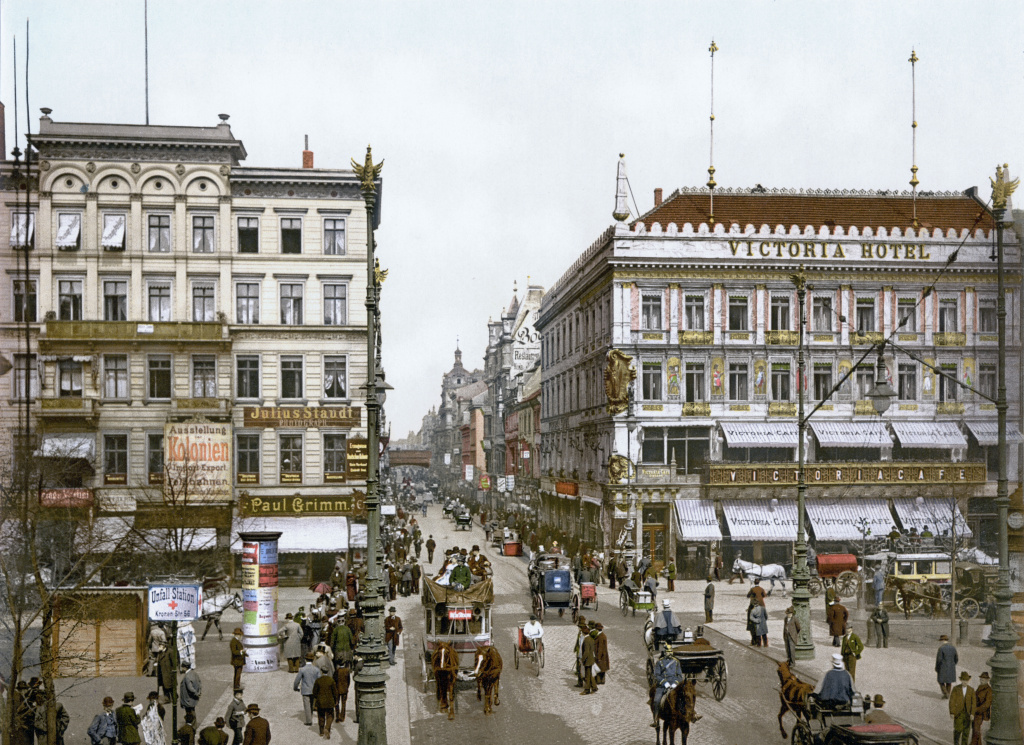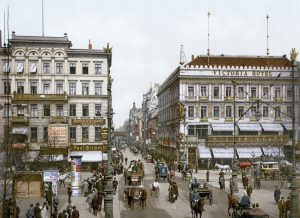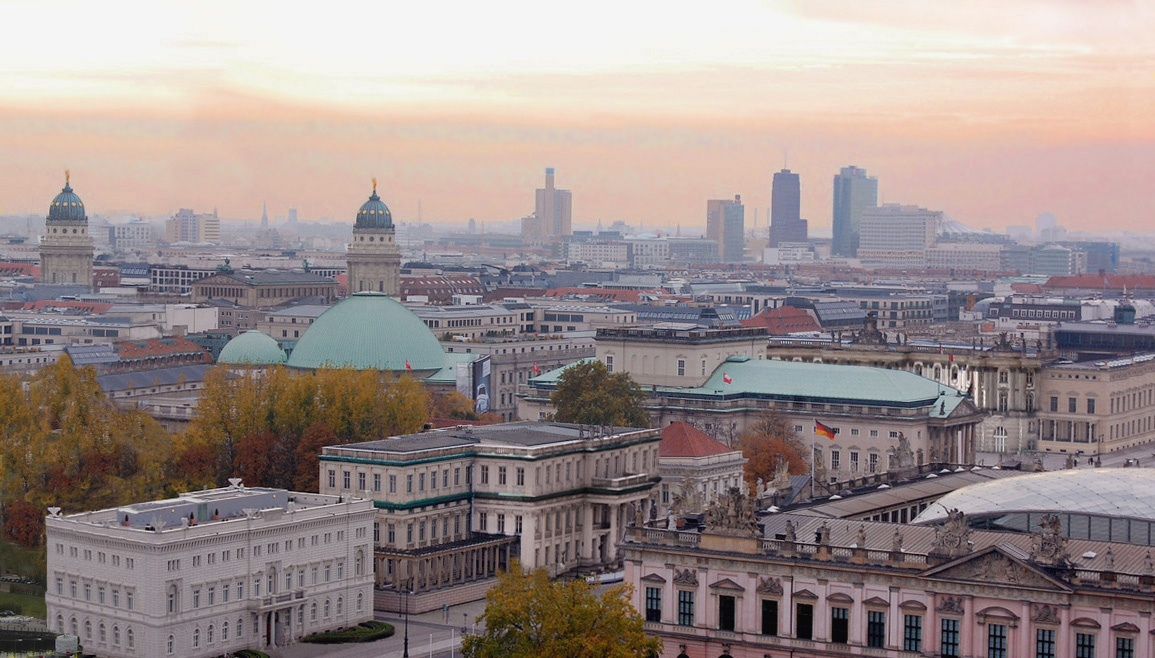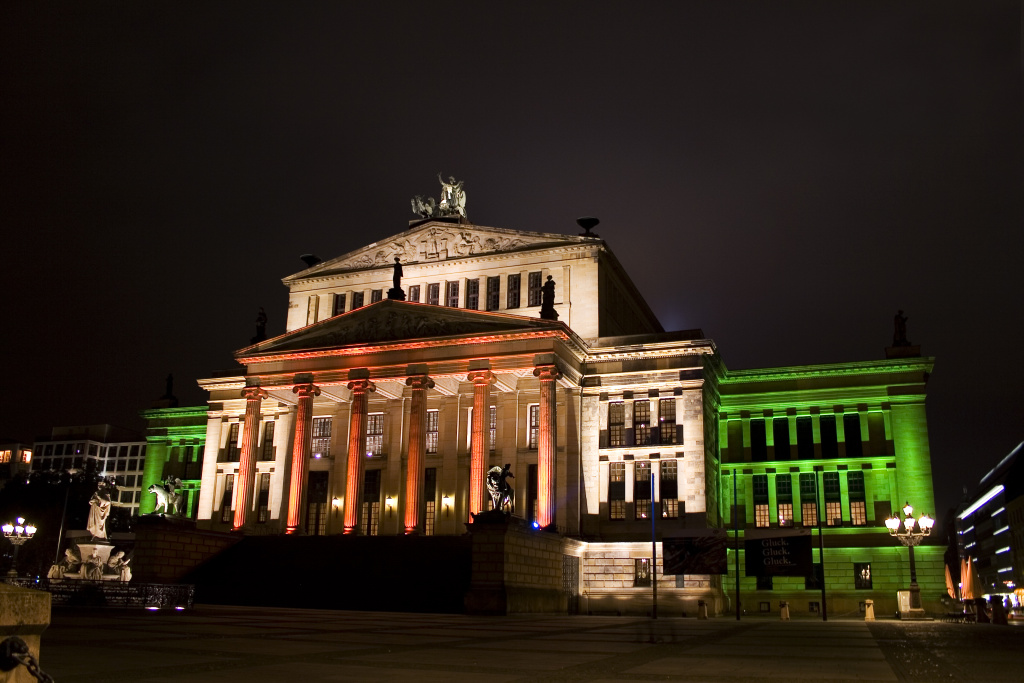Early days of Berlin
Different Slavic people lived in the area that is now Berlin about 1,500 years earlier. Around the time 900 A.D. the emperors of Germany in Western Europe expanded their territory to the Oder River, which is just on the east side of Berlin. In the 1100’s, Germans began to settle in the new German area.
By the 1400’s, Berlin became significant to Brandenburg, to the point that the Hohenzollern family, the ruling family of Brandenburg, made the city as their official home.
From the year 1618 to 1648 however, Berlin was brought to great misery when the Thirty Years’ War erupted. Aside from paying for troops and housing them, the town was also stricken by diseases and epidemics. Furthermore, its suburbs were burned that when the war was already ending, the population of Berlin dropped to 6,000, which was about a half of the original population size of the town.
Prussian Capital
Under the leadership of one Hohenzollern family, Frederick William, who was also known as the Great Elector, Berlin was able to prosper. The town flourished because the Great Elector encouraged various industries and also supported building projects. During his leadership, the first canal was made between the Oder rivers and the Spree. Frederick I, the son of Frederick William, reigned as the first king of Prussia in the 1700’s and he eventually made Berlin his capital.During this period, Berlin developed from being a small town to a booming manufacturing and trading center. The arts and sciences fields also prospered during this time as the industries showed a rapid growth.
The World War II
The World War II almost wiped out the city of Berlin. In fact, almost half the city was destroyed and some 150 thousand civilians died.
Berlin was eventually took over in 1945 by allies – France, the Soviet Union, the US and the UK – who occupied one sector each. These victorious allies also divided Germany into 4 zones.
The Soviet Blockade
Even though Berlin is within the Soviet zone, the Western powers anticipated that they will be permitted by the Soviet Union free access to the city. However, in June 1948, all water, rail and road routes through the Soviet zone were blocked by the Soviet Union.
The Divided Berlin
After the WWII ended with Germany ending up defeated, the country was divided into 2 districts – the non-Communist West Germany and the Communist East Germany. Eventually, Berlin was also divided into West and East Berlin. West Berlin was the democratic part of the city while East Berlin was the communism capital of East Germany.
The Fall of Berlin Wall
The Berlin Wall is a very popular account of the history of Germany. It was built in the year 1961 to serve as the dividing wall between East and West Berlin. The Berlin Wall was basically built by East Germany, which was supported by the Soviet Union, to prevent the East Germans from crossing to the West. Some East Germans were able to escape to the West after the wall was built but more than a hundred and seventy people died escaping while the Berlin Wall was erected.
In the year 1989, the demand for freedom in East Germany prompted an end to East German restriction on emigration to the West by East citizens. As a result, the Berlin Wall was torn down. East and West Germany were eventually united in October 1990, and Berlin became one single non-Communist city.
Berlin, Germany has such a rich and controversial history. In fact, many buildings and structures in the city are erected to symbolize and remind its citizens as well as the tourists of the various distinctive periods in their history. So if you desire to tour around Berlin, not only will you be thrilled by its scenic views, you will also be enchanted by its story.




